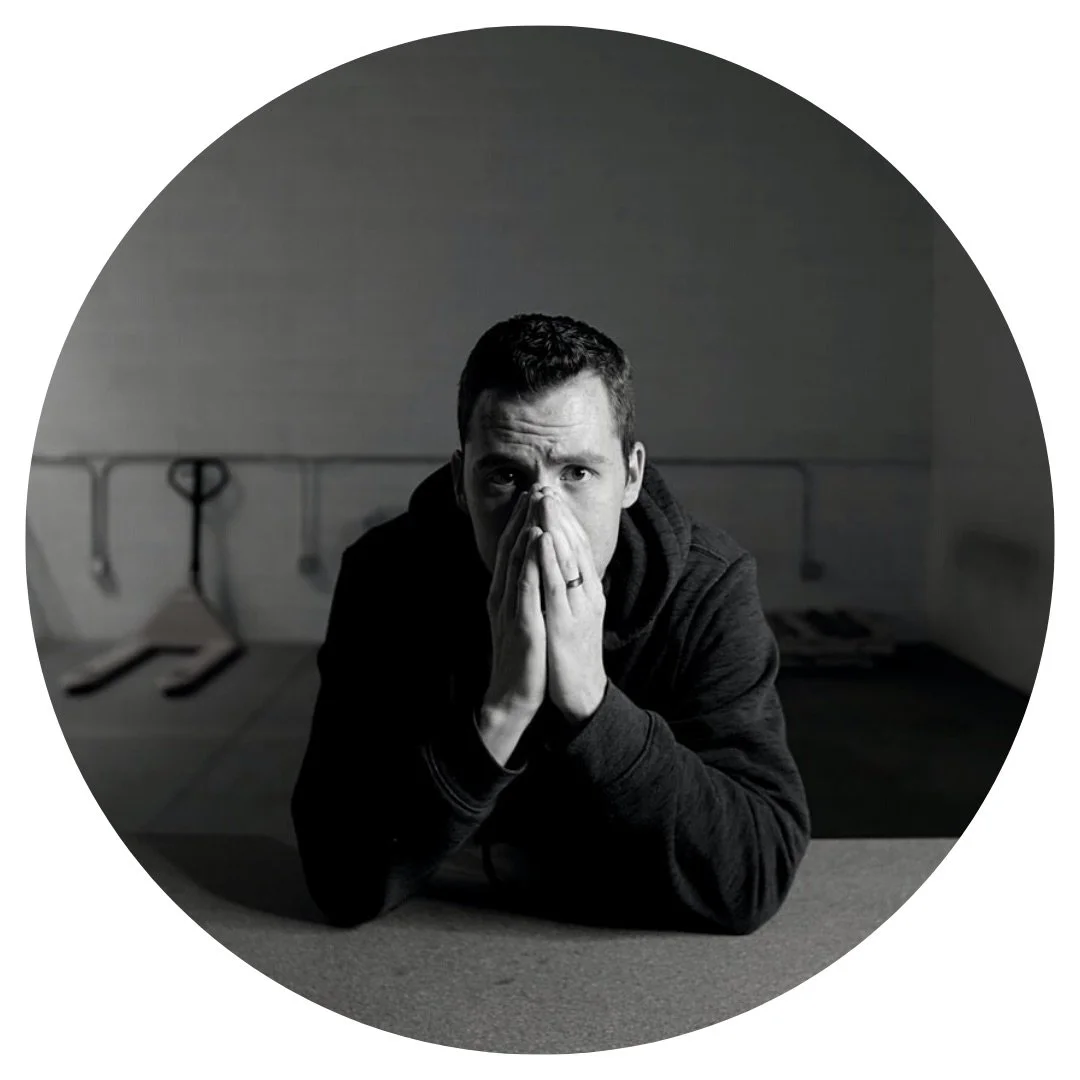
Personality Disorders
“Healing takes courage, and we all have courage, even if we have to dig a little to find it.”
— Tori Amos
Personality refers to individual differences in characteristic patterns of thinking, feeling and behaving.
Those living with personality disorders experience aneurotypical thoughts and behaviors that interfere with their daily level of functioning and quality of life. The nature of those thoughts and behaviors depends on which* personality disorder a person has, such as borderline personality disorder, obsessive-compulsive disorder, or paranoid personality disorder, just to name a few. Although they all differ in symptomology, they do have one thing in common: They typically do not go away without treatment**.
Although personality disorders are known to be difficult to treat, research suggests that dialectical behavioral therapy (DBT) and cognitive behavioral therapy (CBT) can help.
Common personality disorders:*
Borderline Personality Disorder (BPD): Experience ranging mood swings and can feel a great sense of instability and insecurity.
Narcissistic Personality Disorder: Behaviors of grandiosity, a lack of empathy for other people, and a need for admiration.
Obsessive-Compulsive Personality Disorder (OCPD): Excessive focus on details, order and rules, and the need to achieve perfection.
Paranoid Personality Disorder: Pervasive distrust and suspicion of others such that their motives are interpreted as malevolent.
Treatment:**
Effective treatment should involve a skilled and trained clinician as well as include focus on any other co-existing conditions. Many personality disorders overlap with other similar disorders including anxiety, depression, post traumatic stress disorder (PTSD), substance use, eating disorders, etc. The two most common and well researched forms of therapeutic interventions for personality disorders are CBT and DBT.
CBT is particularly helpful for people with personality disorders because of its emphasis on identifying and changing dysfunctional thinking patterns. In particular, core beliefs underlying those patterns are unraveled and challenged.
DBT’s main goals are to teach people how to live in the moment, develop healthy ways to cope with stress, regulate their emotions, and improve their relationships with others. It was originally developed to support BPD.
Clinicians with this speciality:
Get in touch.
Contact us for a free 20 minute phone consultation.







